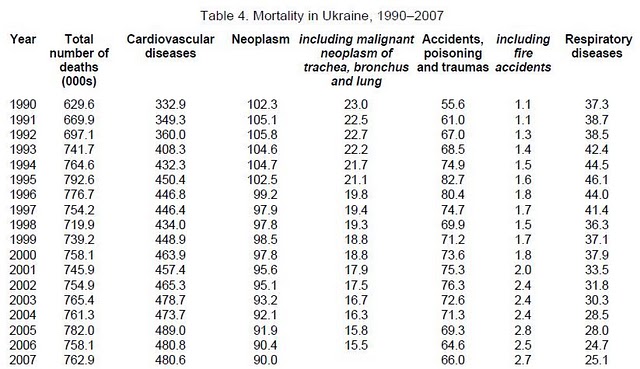The first and only national referendum in Soviet history
Twenty years ago, on March 17, 1991, the first and only national referendum in Soviet history was held. Citizens of the Soviet republics were offered the opportunity to express themselves on the matter of the preservation of the union state in “an updated form.” And although six of the union republics refused to participate, the majority of the remaining population voted in favor of the preservation of the Soviet Union. Nevertheless, only a few months later, the Soviet Union ceased to exist.
Today, Rossiyskaya Gazeta experts (Gleb Pavlovsky [president of the Effective Politics Foundation], Valery Khomyakov [general director of the National Strategy Council], Dmitry Orlov [general director of the Agency for Political and Economic Communications], Boris Makarenko [first deputy general director of the Center for Political Technologies]) share their assessments of the event.
The referendum did not fail; it was the Soviet Union that failed. Of course, ultimately referendum results were annulled when Mikhail Gorbachev stepped down as president of the Soviet Union. It is also important that the referendum was the last collective expression of the peoples of the Soviet Union, which could have been something to rely on in certain actions. But the actions of the Soviet leadership were destructive.”
Many party members were categorically against this wording – they did not oppose preservation of the Soviet Union, but were against socialist values.
Most people voted ‘yes’ in the referendum. The same people who said ‘yes’ to ‘preserving the Soviet Union based on socialist values’ had forgotten everything and voted for independence.
The situation that happened with the referendum reaffirms the double-sided position of the Soviet leadership. If the Soviet leadership had conducted the referendum more precisely and acted more decisively in accordance with its results, without allowing for a collapse of the Soviet budget, for example, or unconstitutional actions by the Soviet republics, then it could have been a completely different situation. I agree with Vladimir Putin’s assessment that the collapse of the Soviet Union was a major geopolitical catastrophe of the 20th century. Six of the 15 republics boycotted the referendum and unequivocally opposed the union. The referendum was not perfect, because the very wording – ‘Are you for or against the updated Soviet Union?’ – was unclear. A result of the referendum was a new union agreement, into which several union republics tried to enter in August.
(Via The Russia and India Report)
